Open Page
Open Page with Chris Womersley
Where are you happiest?
Probably swimming in an ocean pool on the New South Wales coast. I love doing a few laps in these amazing spots. For me it’s almost the ultimate pleasure.
What is your favourite film?
Two-Lane Blacktop.
Continue reading for only $10 per month. Subscribe and gain full access to Australian Book Review. Already a subscriber? Sign in. If you need assistance, feel free to contact us.


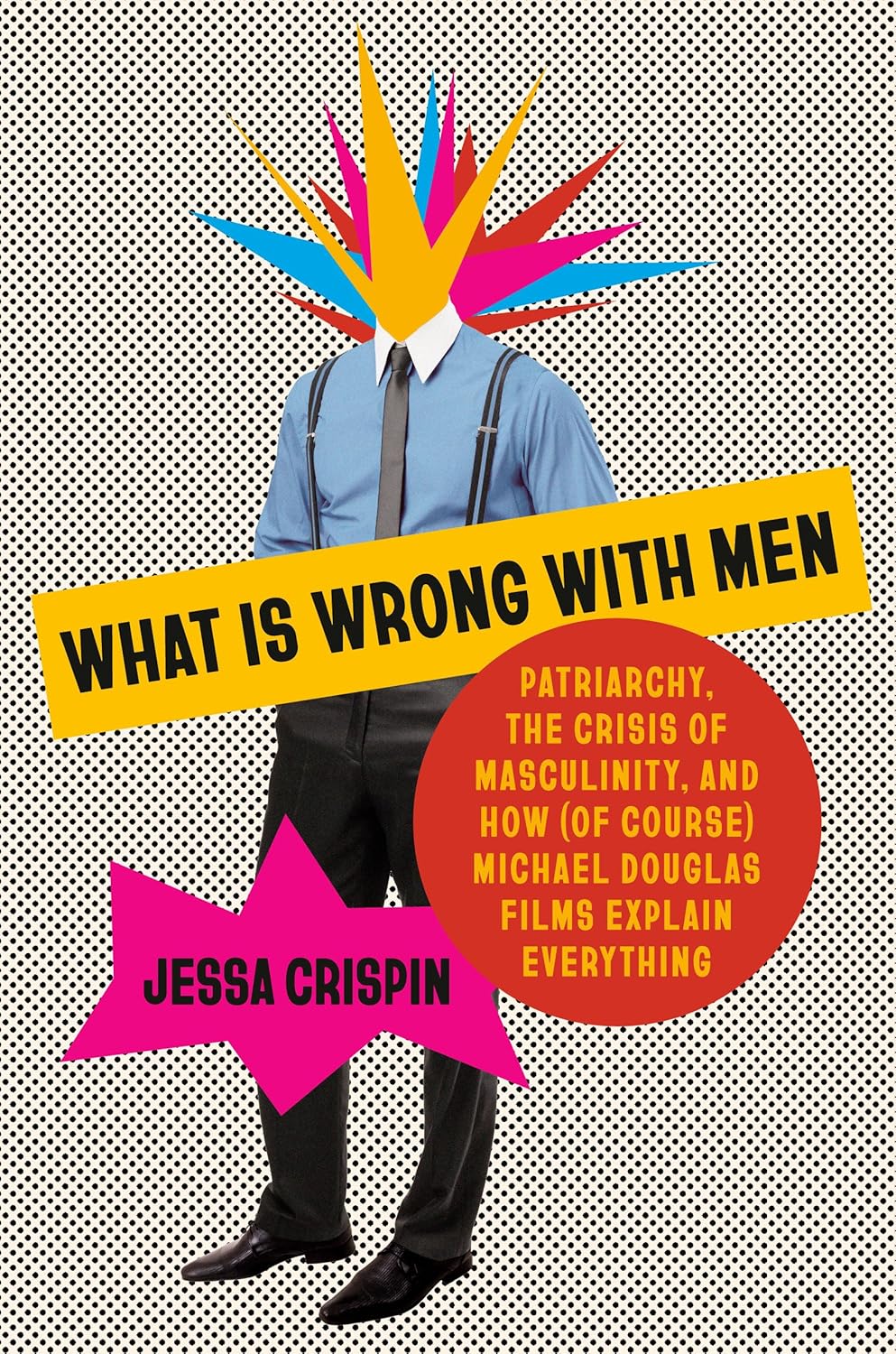
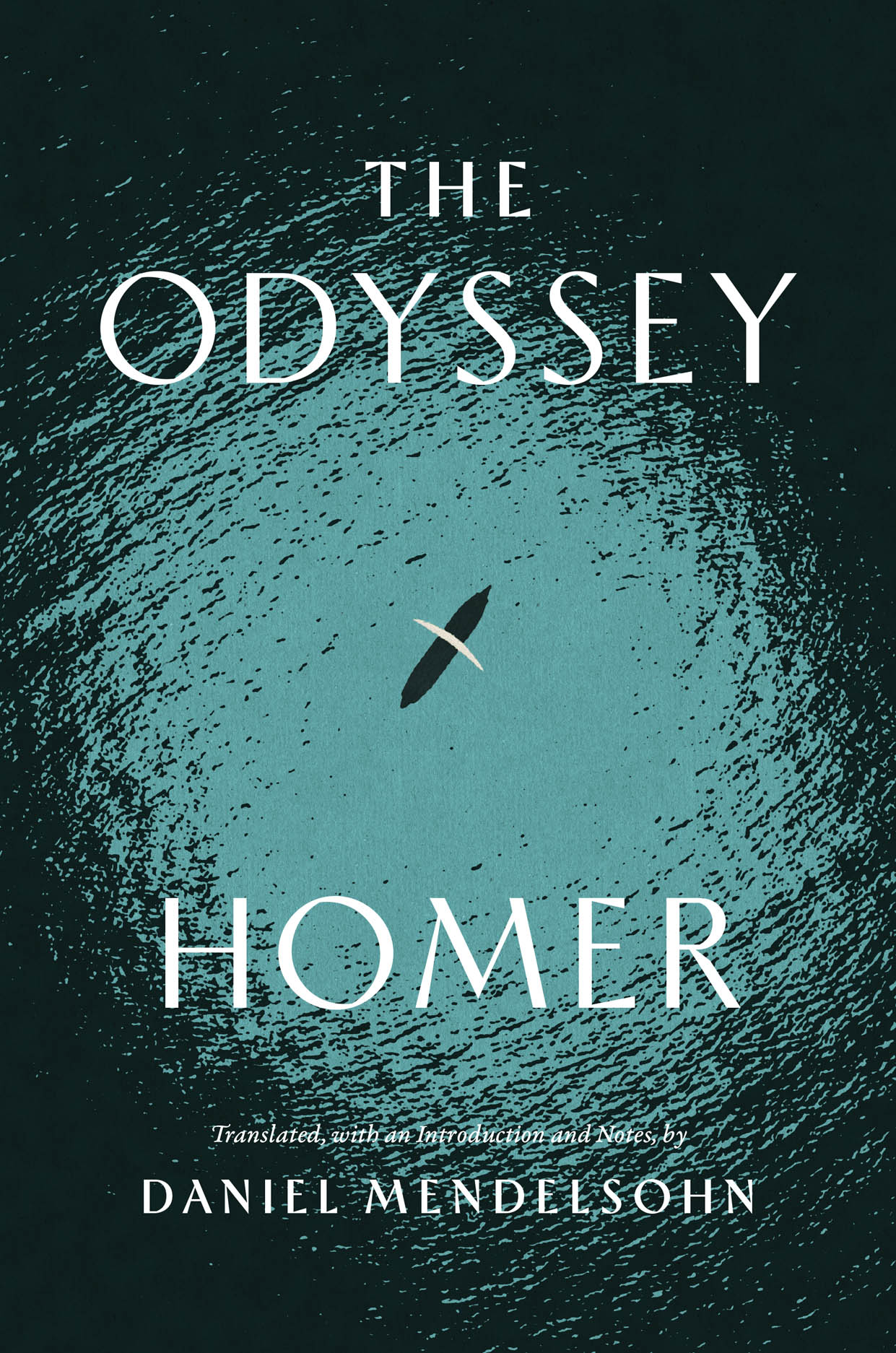


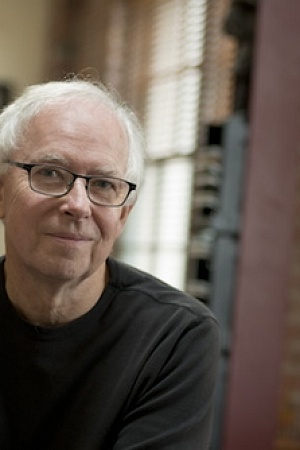
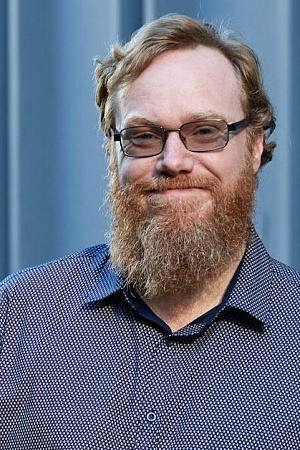
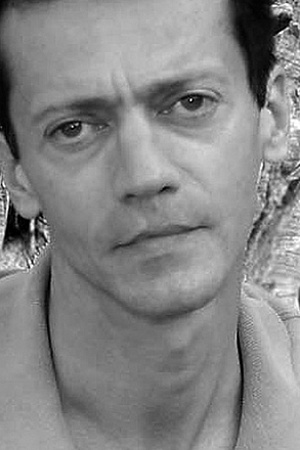
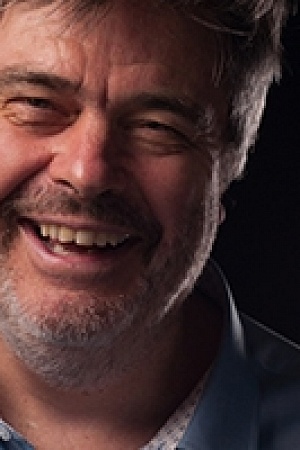
Leave a comment
If you are an ABR subscriber, you will need to sign in to post a comment.
If you have forgotten your sign in details, or if you receive an error message when trying to submit your comment, please email your comment (and the name of the article to which it relates) to ABR Comments. We will review your comment and, subject to approval, we will post it under your name.
Please note that all comments must be approved by ABR and comply with our Terms & Conditions.